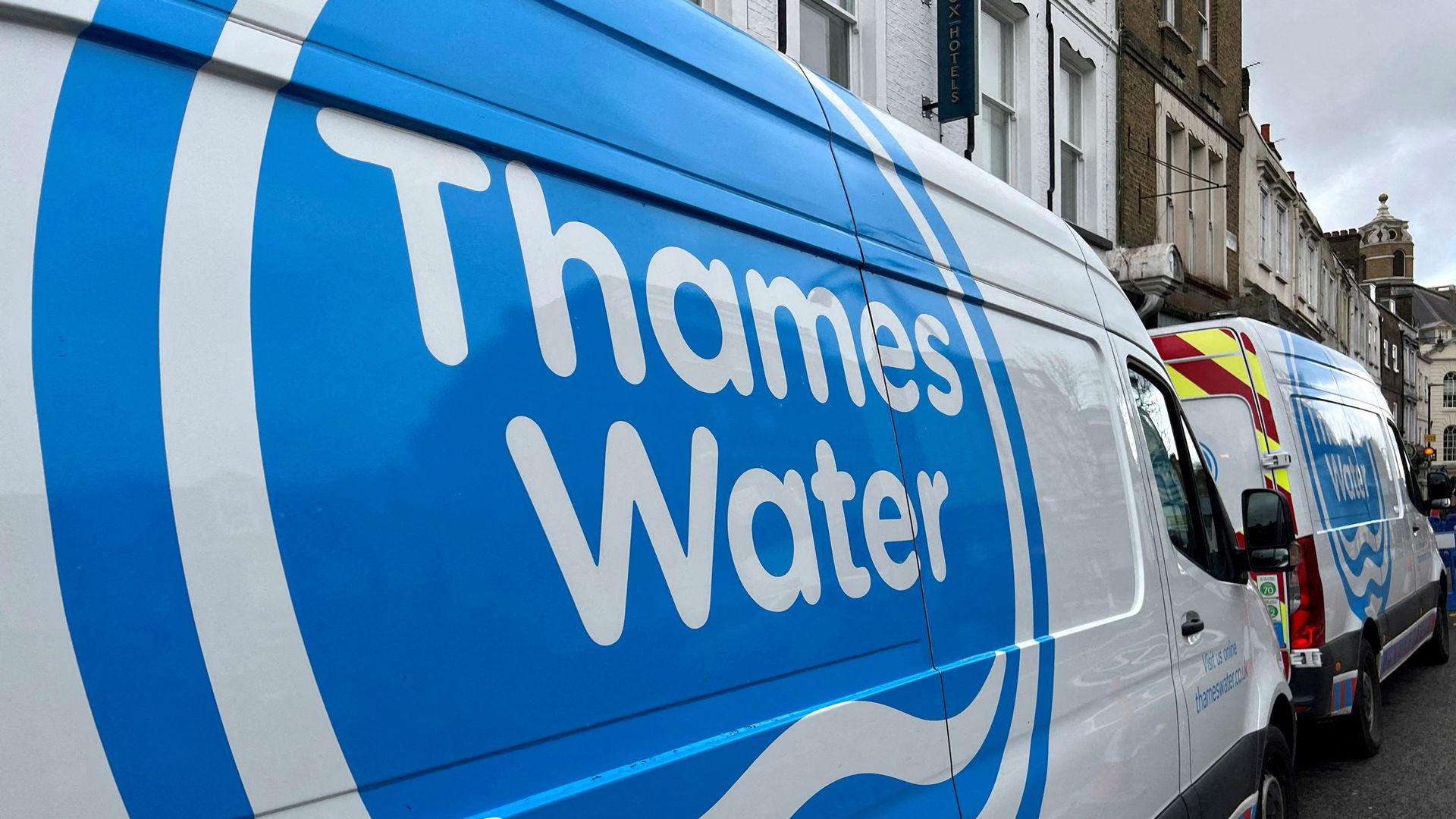Carlyle, the American investment giant, has become the latest global fund to weigh an investment in Thames Water as the stricken utility races to avoid being nationalised.
Sky News has learnt that Carlyle, which has roughly $435bn in assets under management, is at the very preliminary stages of assessing whether an investment in Thames Water Utilities Limited (TWUL) would be viable.
Britain’s biggest water and wastewater company, which has about 16 million customers, is edging towards the brink of collapse after warning in recent days that its financial liquidity is set to expire months earlier than previously anticipated.
It has also seen its credit rating downgraded further into junk territory by two leading rating agencies.
Carlyle is one of a long list of prospective investors approached by Rothschild, the investment bank advising Thames Water’s board, as the utility scrambles to raise more than £3bn in the coming months.
This weekend, people close to the process confirmed that Carlyle had been approached but said it was “too early” to judge whether the firm might participate in a rescue deal through one or more of its funds.
Among the others sounded out by Rothschild are Brookfield, the Canadian investment giant, and Global Infrastructure Partners, which is now owned by BlackRock.
Uncomfortable truth is that Thames Water’s fate may be out of existing management’s hands
Thames Water lines up court dates to push through huge debt restructuring
Thames Water seeks 52% hike to bills by 2030 as industry criticises watchdog’s curbs
Many investors and industry analysts believe, however, that the Rothschild-led process is destined to fail given the massive financial restructuring which faces Thames Water.
The company has about £16bn in debt, with approximately £10bn of that accounted for by a group of 90 funds which have appointed Jefferies and Akin Gump to represent them.
That syndicate is now preparing its own rescue plan in the coming weeks, which is likely to include an enormous debt-for-equity swap that would wipe out the existing shareholders.
Thames Water’s future remains so shrouded in uncertainty because the industry watchdog, Ofwat, has rejected the company’s initial spending plans for the next five-year regulatory period.
The company is now engaged in discussions with Ofwat ahead of its final determination in December.
A bridging loan of about £1bn is being contemplated by some of Thames Water’s creditors, but some stakeholders remain sceptical that any new financing will be forthcoming without greater regulatory certainty.
“Until the lenders know what they are bridging to, the concern deepens that they risk throwing good money after bad,” said one fund.
TWUL’s board is said to have met in the last 48 hours to discuss the implications of its latest rating downgrades and impending liquidity shortfall.
One creditor said that Ofwat was expected to appoint an independent monitor next week to scrutinise the company’s progress against its turnaround plan.
Ofwat, which signalled in August that it would make such an appointment, declined to comment.
If new investment into Thames Water is not forthcoming before it runs out of cash, the government will have little choice but to sanction the temporary nationalisation of the company.
This would be done through a Special Administration Regime (SAR), a procedure tested only once before when Bulb Energy collapsed in 2021.
As part of its contingency planning for implementing a far-reaching restructuring, Thames Water has booked court dates in November to progress a rescue deal.
A source close to the company said that Thames Water “continues to look at all options for extending its liquidity and raising new equity”.
“Reserving court dates is sensible forward planning and a part of keeping all options open.”












